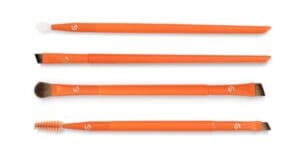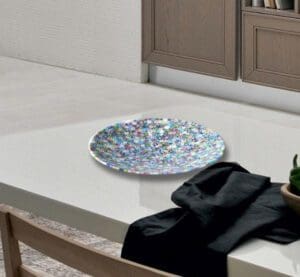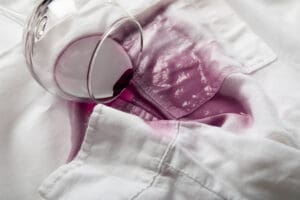Hemp, also known as cannabis sativa, is a plant from the same species as cannabis. However, compared to cannabis, it contains low THC levels. It’s also one of the fastest-growing plants on Earth and can be used to manufacture a wide range of products. From creams and clothing to fuel and food, here are some of the most innovative uses for this renewable and practical plant.
Skincare Products
Many consumers start browsing the shelves of their local natural product supplier when they learn that hemp plants can be turned into hemp cream. Hemp creams are designed to be natural, easy to apply, and potentially helpful for sore muscles, inflammation, and skin conditions.
Studies are looking promising in the use of hemp for these reasons. Researchers have stated that evidence supports the theory that applying cannabinoids like CBD topically might be a viable form of administration for specific conditions. For example, studies looking into eczema or atopic dermatitis found that CBD exhibited anti-inflammatory properties in an experimental allergic contact dermatitis model. It also showed promises for wound healing, chronic itch, and acne.
Fuel
We have a long way to go toward marking the end of fossil fuel use in our vehicles. There has been considerable growth in the electric vehicle market, but batteries aren’t our only option. Hemp might also become a mainstream fuel type.
Hemp is a high source of energy and has minimal sulfur content. This is an ideal combination for internal combustion engines. It also boasts low viscosity, a desirable feature for self-lubricating engines without carbon build-up. While studies are far from complete, researchers are hopeful that hemp for bioenergy might become mainstream.
Clothing and Textiles
Hemp isn’t a popular clothing and textile option, but it used to be. It was once a leading choice for ropes, garments, ship sails, and several products requiring strong fabric. As cotton and synthetic materials soared in popularity, hemp lagged. However, that might change in the future. We are seeing the benefits of hemp for clothing and textiles related to its strength, fast growth, and smaller environmental impact.
Plastic
As most of us know, plastic is not biodegradable. The average piece of plastic can take anywhere from 20 to 500 years to decompose. Hemp is different. It’s biodegradable and can be the main component in alternative plastic materials made from plant cellulose. This is found in abundance in hemp. Studies have also found that hemp plants create more robust material and consume four times more carbon dioxide than conventional plastic.
Food and Beverages
Hemp seeds might not look all that appetizing, but their nutritional profile might surprise you. They contain fiber, fatty acids like omega-3 and omega-6, unsaturated fats, and protein. As a result, many people are now consuming food and beverages containing hemp seeds, such as chocolate, cookies, juice, and smoothies. You can purchase such products pre-made or make them yourself.
Hemp has many industrial, medicinal, and practical uses, and it’s clear that there’s more to this natural plant than meets the eye. Now might be the right time to explore your hemp plant options and see if any hemp-derived products like creams and clothing pique your curiosity.
Featured Photo by David Gabrić on Unsplash














